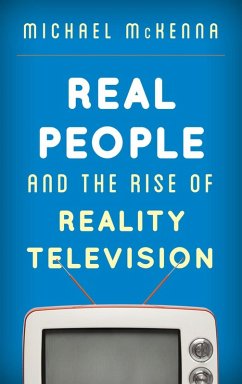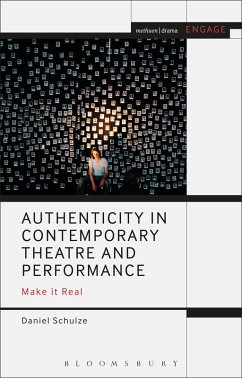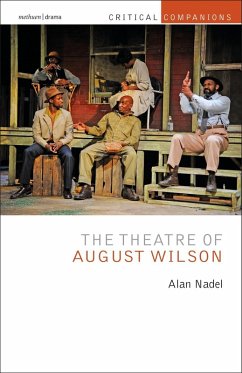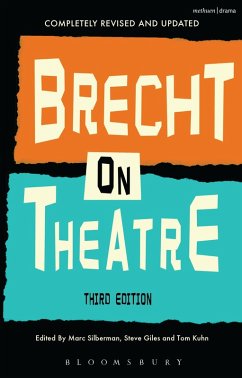
Theatre of Real People (eBook, ePUB)
Diverse Encounters at Berlin's Hebbel am Ufer and Beyond

PAYBACK Punkte
11 °P sammeln!
Theatre of Real People offers fresh perspectives on the current fascination with putting people on stage who present aspects of their own lives and who are not usually trained actors. After providing a history of this mode of performance, and theoretical frameworks for its analysis, the book focuses on work developed by seminal practitioners at Berlin's Hebbel am Ufer (HAU) production house. It invites the reader to explore the HAU's innovative approach to Theatre of Real People, authenticity and cultural diversity during the period of Matthias Lilienthal's leadership (2003-12). Garde and Mumf...
Theatre of Real People offers fresh perspectives on the current fascination with putting people on stage who present aspects of their own lives and who are not usually trained actors. After providing a history of this mode of performance, and theoretical frameworks for its analysis, the book focuses on work developed by seminal practitioners at Berlin's Hebbel am Ufer (HAU) production house. It invites the reader to explore the HAU's innovative approach to Theatre of Real People, authenticity and cultural diversity during the period of Matthias Lilienthal's leadership (2003-12). Garde and Mumford also elucidate how Theatre of Real People can create and destabilise a sense of the authentic, and suggest how Authenticity-Effects can present new ways of perceiving diverse and unfamiliar people. Through a detailed analysis of key HAU productions such as Lilienthal's brainchild X-Apartments, Mobile Academy's Blackmarket, and Rimini Protokoll's 100% City, the book explores both the artistic agenda of an important European theatre institution, and a crucial aspect of contemporary theatre's social engagement.













